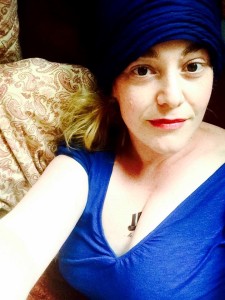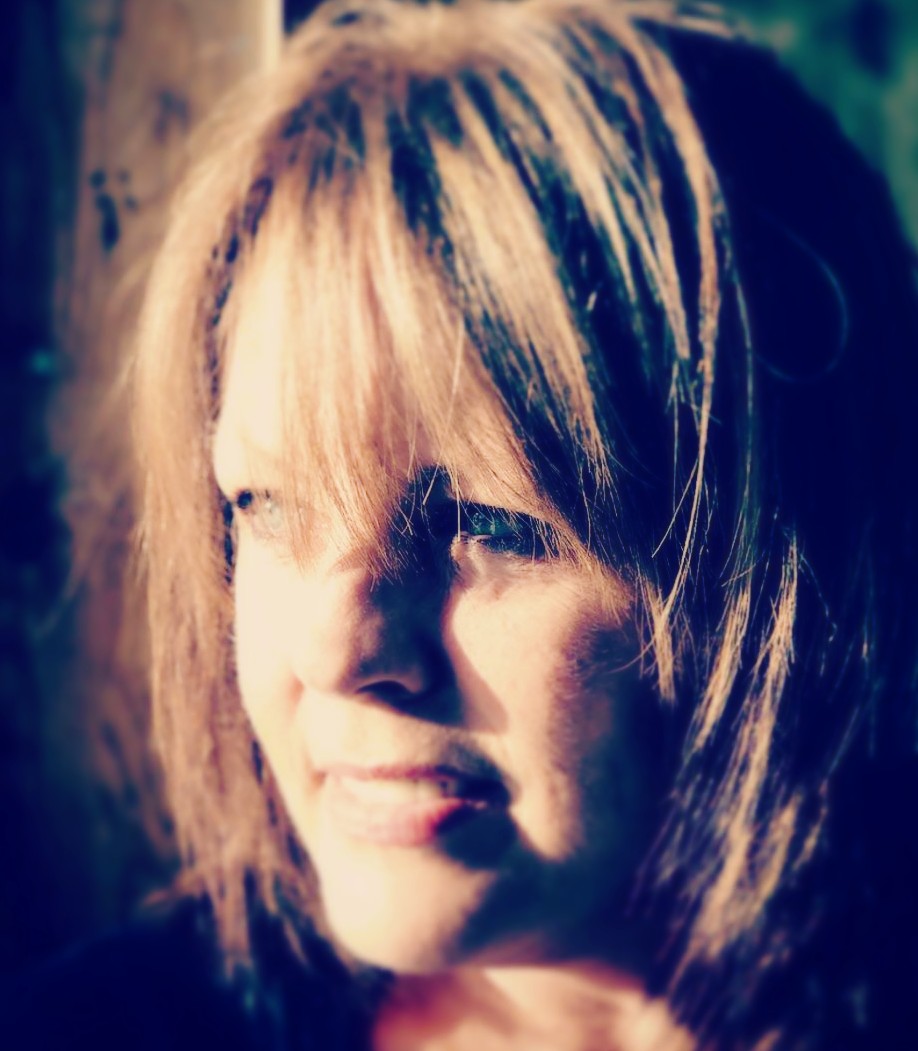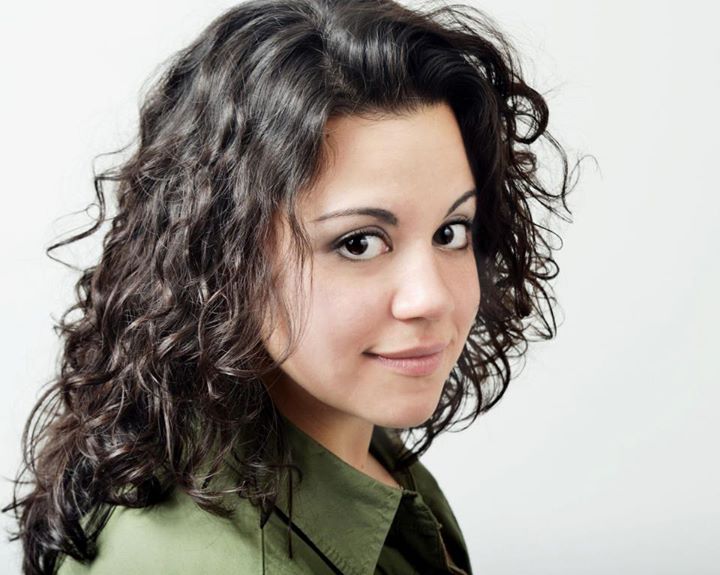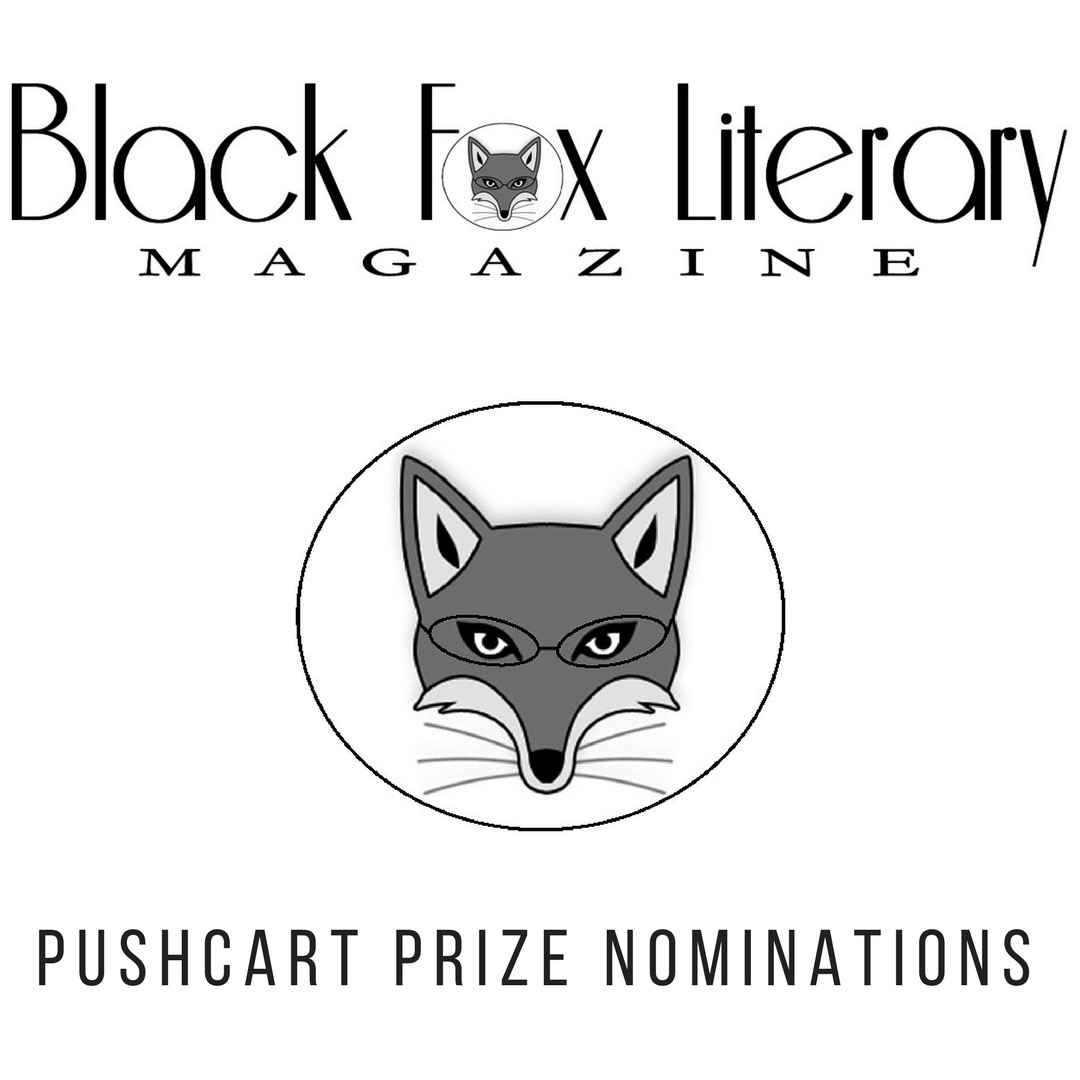 C.S.E. Cooney lives and writes in the Borough of Queens, whose borders are water. She is an audiobook narrator, the singer/songwriter Brimstone Rhine, and author of World Fantasy Award-winning Bone Swans: Stories (Mythic Delirium 2015). Her short fiction can be found in Ellen Datlow’s Mad Hatters and March Hares: All-New Stories from the World of Lewis Carroll’s Alice in Wonderland, Jonathan Strahan’s Best Science Fiction and Fantasy of the Year Volume 12, Paula Guran’s 2016 The Year’s Best Science Fiction & Fantasy Novellas, five editions of Rich Horton’s Year’s Best Science Fiction and Fantasy, Mike Allen’s Clockwork Phoenix Anthology (3 and 5), Lightspeed Magazine, Strange Horizons, Apex, Uncanny Magazine, Black Gate, Papaveria Press, GigaNotoSaurus, The Mammoth Book of Steampunk, and elsewhere.
C.S.E. Cooney lives and writes in the Borough of Queens, whose borders are water. She is an audiobook narrator, the singer/songwriter Brimstone Rhine, and author of World Fantasy Award-winning Bone Swans: Stories (Mythic Delirium 2015). Her short fiction can be found in Ellen Datlow’s Mad Hatters and March Hares: All-New Stories from the World of Lewis Carroll’s Alice in Wonderland, Jonathan Strahan’s Best Science Fiction and Fantasy of the Year Volume 12, Paula Guran’s 2016 The Year’s Best Science Fiction & Fantasy Novellas, five editions of Rich Horton’s Year’s Best Science Fiction and Fantasy, Mike Allen’s Clockwork Phoenix Anthology (3 and 5), Lightspeed Magazine, Strange Horizons, Apex, Uncanny Magazine, Black Gate, Papaveria Press, GigaNotoSaurus, The Mammoth Book of Steampunk, and elsewhere.
Black Fox Literary Magazine: Since we spoke last, you won the World Fantasy Award for your collection Bone Swans. What was that experience like?
C.S.E. Cooney: I was pretty sick that weekend, slightly delirious, and I thought Kelly Link would win, because her nominated collection, Get in Trouble: Stories, was also a finalist for the Pulitzer Prize. Not to mention all the other authors. I didn’t even write an acceptance speech—winning, to me, was that far-fetched!
But the night before the awards ceremony, as I lay clammy and febrile in my hotel bed, the thought occurred to me: “What if this is the one weird universe where I have a chance of winning, and then I get up on stage and just stare out at the audience like the latest abductee in a spaceship bound for Planet D’oh!?”
The thought freaked me out so much that I drew up a list of people in my head to thank, starting with Gene Wolfe, and thought, as I fell asleep: “There! Mischief managed!”
I regret that now, in retrospect, because an acceptance speech can be such a beautiful, powerful work of art in and of itself, completely of its moment, addressing what it means to be an artist in our times, in our genre, shine a beacon, wield a lancet. That sort of thing. Instead, I just spent a few minutes spewing the happiest babble-sap of gratitude—which was just fine. Better than silence. Gratitude never goes amiss.
Bone Swans was a book built by so many hands, with so much help, that it was strange to be accepting an award for it by myself. I wish I’d had all of Mythic Delirium up there with me, from publisher to editors to proofreaders. Not to mention my mother. And every single friend I ever inflicted betas upon. And also Kay Nielsen, who illustrated the cover, even though he died more than half a century ago and had no idea he’d one day be my chosen cover artist. I mean, him showing up at an awards ceremony with me would truly be worthy of an UNWORLDLY FANTASY AWARD!
BF: What does fantasy mean to you? How came you to be engaged in it?
CC: I’ve heard that all fiction is an act of fantasy: that fantasy is the indelible parasol under which all other genres cavort.
So, a friend of mine, Stephanie Shaw, published a story in Inferfictions II. It was a memoir piece about giving birth to her twin sons. It was all perfectly true, exactly how she remembered it, only her twin sons happened to be dragons. This does not make her story untrue, precisely, but does make it fantasy.
What I know is that when I try to write about our world, this world, or my earthly experience of it, I am almost always overcome with ennui. That doesn’t mean I won’t read literary fiction with great relish; I just can’t seem to be interested (or very interested) in the writing of it.
Even the way I remember my deepest friendships is tinted (tainted?) with the mythic. There’s Amal El-Mohtar, crowned in stars, “silver are her bones.” There’s my husband, Carlos Hernandez, who is sometimes a hummingbird/panda hybrid (“hummingpanda”?), and sometimes an adorable chaos-fiend named “Famulus!” who would destroy the planet in an effort to be helpful. There’s my mother, Sita, the Great Furrow of the Earth, and my father, Rory Cooney, the Poet Laureate of God. My brothers are Legion (the nice kind of Legion). My inner circle of friends seems to include sirens and song-catchers, witch queens, and half-ghost archivists (like the scorpion, they can’t help their nature). The fantastic bleeds all the way through to my earliest memories, when every playground set was a gauntlet of lavapits and giant spiders to be run, and every pair of thrift store jellies, a pair of glass slippers when I blurred my eyes. The fantastic has shaped the way I see the world.
It turns out, if I’m not writing about bone swans and goblin realms and earnest young necromancers and post-apocalyptic clown-wights, I don’t feel like I’m telling the truth.
BF: What is the difference between writing fiction and poetry, both of which you’ve won top awards in?
CC: Well, one way they’re the same is that they’re both written to be read aloud. Poetry is generally shorter, though I tend to write longer story-poems. Poetry is also just . . . “extra,” I guess? Denser, image-based rather than plot-based, a single moment distilled.
Hmmm. Say, if a novel is a grove of blood oranges, then poetry is blood orange essential oil? Or, um. If novels are the supernova, then poetry is the black hole? My analogies, they break down under scrutiny. Sigh.
With me, fiction and poetry flow in and out of each other. I write story-poems, and I use poems in my stories—but there is a distinction; I know there is; I can always tell one from another in my own work. Not always in other people’s. Some experimental fiction, to me, reads like poetry. Often a prose poem reads like a piece of flash fiction. I cannot say for sure! I will leave the slicing and dicing of the literary disciplines to other minds.
BF: You’re a professional audiobook narrator. How has that experience shaped your understanding of literature?
CC: I think it’s more the opposite, generally. I didn’t start narrating audiobooks until I was 33, but I’ve been writing stories since the 3rd grade. Now, though, in second grade, I started getting into the theater for the first time. I played a baby angel in The Best Christmas Pageant Ever. I thought I should have been the lead, even though the lead is a tough-talking teenaged hooligan girl. Ever since then, my life has been a long trajectory along a double vocation: writing and acting, with singing as a strong third.
Musicality, theatrical scenarios, and the written word all seem to inform my writing strongly. I’m not really writing slice-of-life stuff, except, maybe, the way you can feel an emotion more strongly in a dream than in waking life, so that when you wake up, the dream affects you still. I do think there’s evidence of my own lived experience in my fantasy, both in fiction and poetry. It’s what makes the characters relatable—even if they can also turn into rats, or regularly converse with Sea Kings.
As a voice actor, I take all kinds of work that I would not, for my own pleasure, read. So I’m exposed to things like psychology self-help books or books on adoption or how to deal with grief that I would not otherwise pickup, and I have to read them slowly and not skim whole paragraphs at a time because that’s what reading aloud is. I narrate everything from Amish romance novels to tea cozy mysteries, to pretty heavy erotica.
As an actor, EVERYTHING interests me. But only occasionally do I run into something that zings me as a reader and a writer. Often, it’s the histories, like Gilded Suffragists, and Combat-Ready Kitchen, and The Extra Woman. I think 23/7: Pelican Bay Prison and the Rise of Long-Term Solitary Confinement by Keramet Reiter is one of the most important things I have ever put my voice to. Kameron Hurley’s essay collection, The Geek Feminist Revolution was a rare, fierce joy to read. Rarely do I get to narrate something in my own genre—although when I do, it’s always the most fun, and also the most stressful, because I really want to do the work justice in the eyes of my peers. I narrated my own book, Bone Swans, which I found fascinating. And I co-narrated Mad Hatters and March Hares (an anthology by Ellen Datlow), as well as a whole fantasy series by author Edward Aubrey called Mayhem Wave.
BF: What are you currently working on?
CC: I am working on my novel Miscellaneous Stones: Necromancer. The submission draft won me an agent late last year, and I’ve been working with him on revisions to prepare it for making the publication rounds. It’s great fun. Every time I revise it, it gets better and more dear to me. I have been working on it for eight years, and sometimes have wondered if it’s worth it. These days, I’m almost positive the answer is yes. But it’s hard to tell.
Last year, I mostly wrote a long novella called Desdemona and the Deep, and spent a chunk of time recently revising it for submission. Happily, it was picked up by Tor.com, and will be appearing next July! I also wrote a short story called, “As for Peace, Call it Murder,” which is science fiction (rare for me!) and will be appearing in the Sword and Sonnet anthology.
I have a short story I’m working on for an anthology called Where the Veil is Thin. My story’s working title is “Cloudlands.” My husband and I are collaborating on a story-poem about dragons for a project due next year. (Not sure if I’m allowed to announce it yet.) I just released another album called Corbeau Blanc, Corbeau Noir, under my songwriter name Brimstone Rhine (find us on Bandcamp!), and I’m hoping to crowd-fund for another project next year, in which I take five songs from a song-cycle called Ballads from a Distant Star that some friends and I co-wrote under the extravagant umbrella of “The Banjo Apocalypse Crinoline Troubadours,” and weave them with a 4-part story poem called “Voyage to a Distance Star” (published by Mythic Delirium), which uses those same characters and circumstance from the songs. Voila! Concept album! I hope.
BF: What book outside your own work has most shaped your thinking in the past year?
CC: George Saunders’ Lincoln in the Bardo!
OH-EM-GEE, pals! Carlos and I listened to the audiobook of it during several long road trips this summer, and . . . jeez. Whoa. The explosive language! The invention! The structure! The hilarity and crudity and poetry and heartbreak! I still feel gutted and scooped hollow and filled with radiance at the thought. Also, I snort at a remembered poop joke.
It was one of those relentlessly revelatory books. I kept saying, “Wait, did he just say that? WAIT, YOU CAN SAY THAT? Wait, can I say that too???” It made me want to write. It made me want to weep. It made me want to throw the book across the floor, and underline everything, and then emphasize the underlines with highlighting, but I couldn’t because I was listening to an audiobook. But then I bought the book to dwell over at length later, so that’s okay. There will be time.
BF: What is your favorite word?
CC: That changes every time someone asks me that!
At present, it’s “matterlightblooming.” See, in Lincoln in the Bardo, George Saunders coins the phrase “thematterlightblooming phenomenon.” This is what happens when a ghost passes beyond the “sickyard” (what ghosts call the graveyard, as they cannot quite admit they are dead, just sick. In their “sickboxes.” Gah! Killer!), into the next life, or whatever it is. The matterlightblooming phenomenon is accompanied by a “bone-chilling firesound” and explosions of white light.
Anyway. MATTERLIGHTBLOOMING. It just SLAYS me. I put it in my pocket. I take it out and pet it. I apply it to all kinds of situations and feelings. I love it. It has infected me.
Thank you, C.S.E. Cooney!


